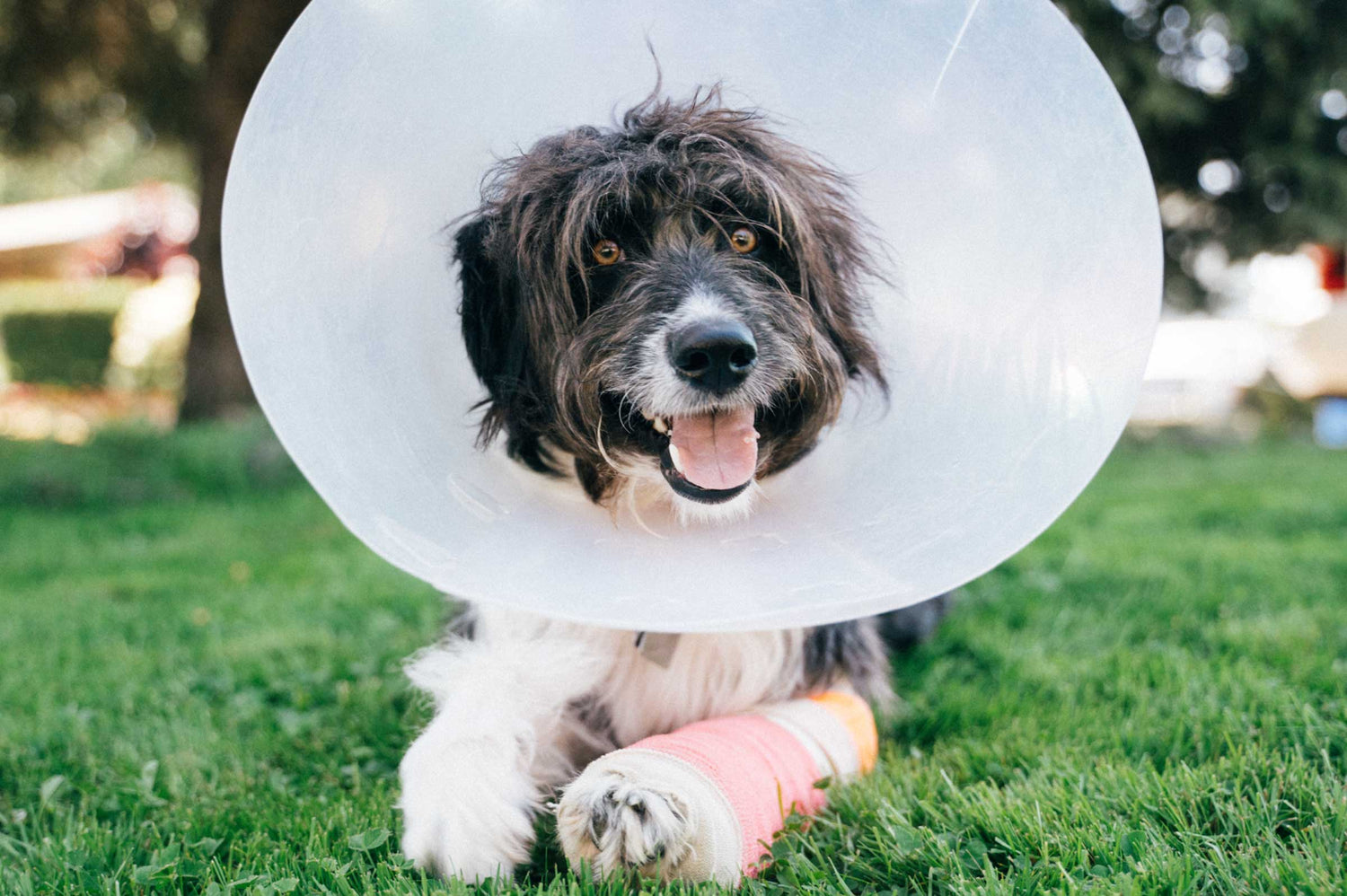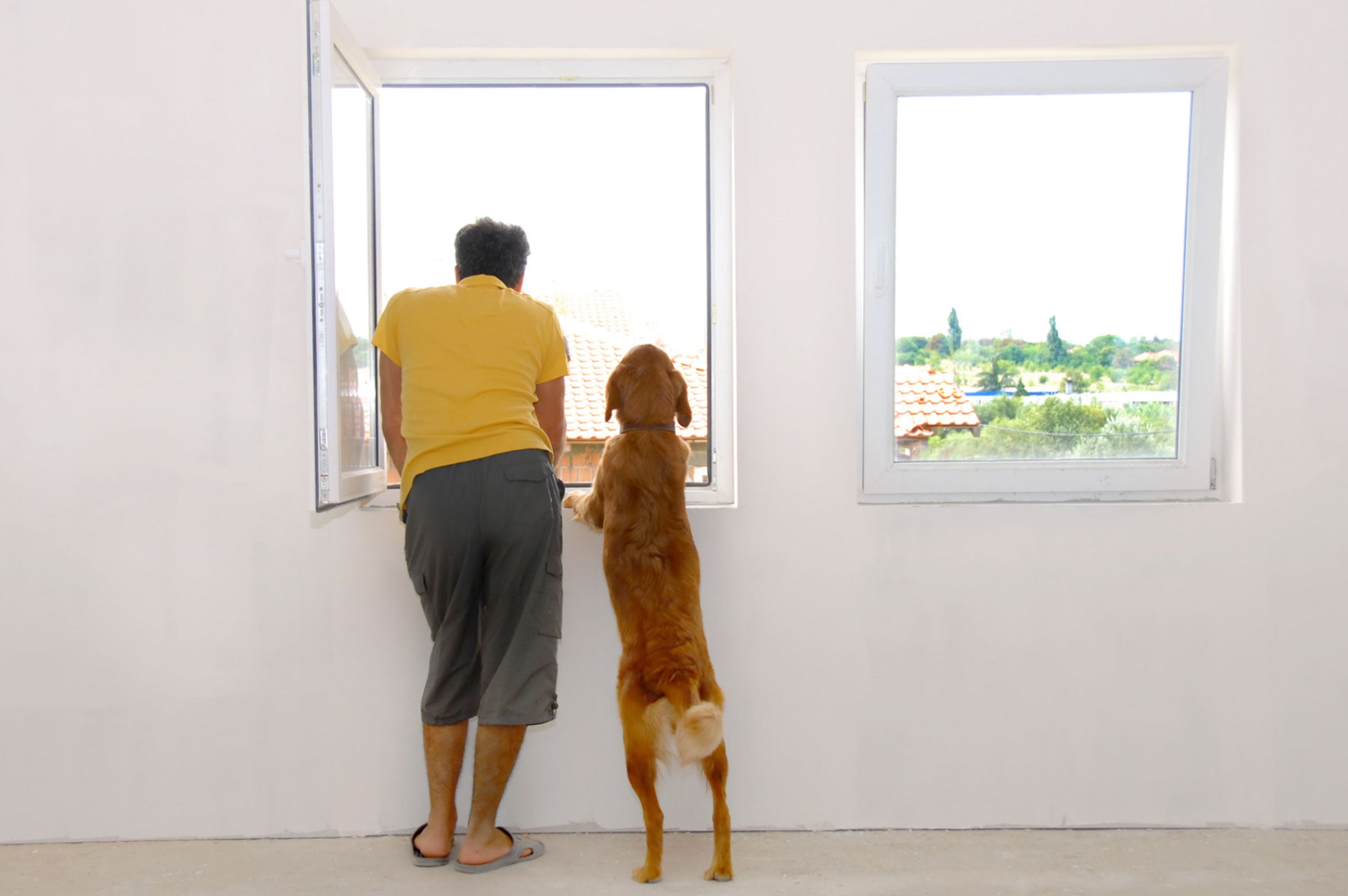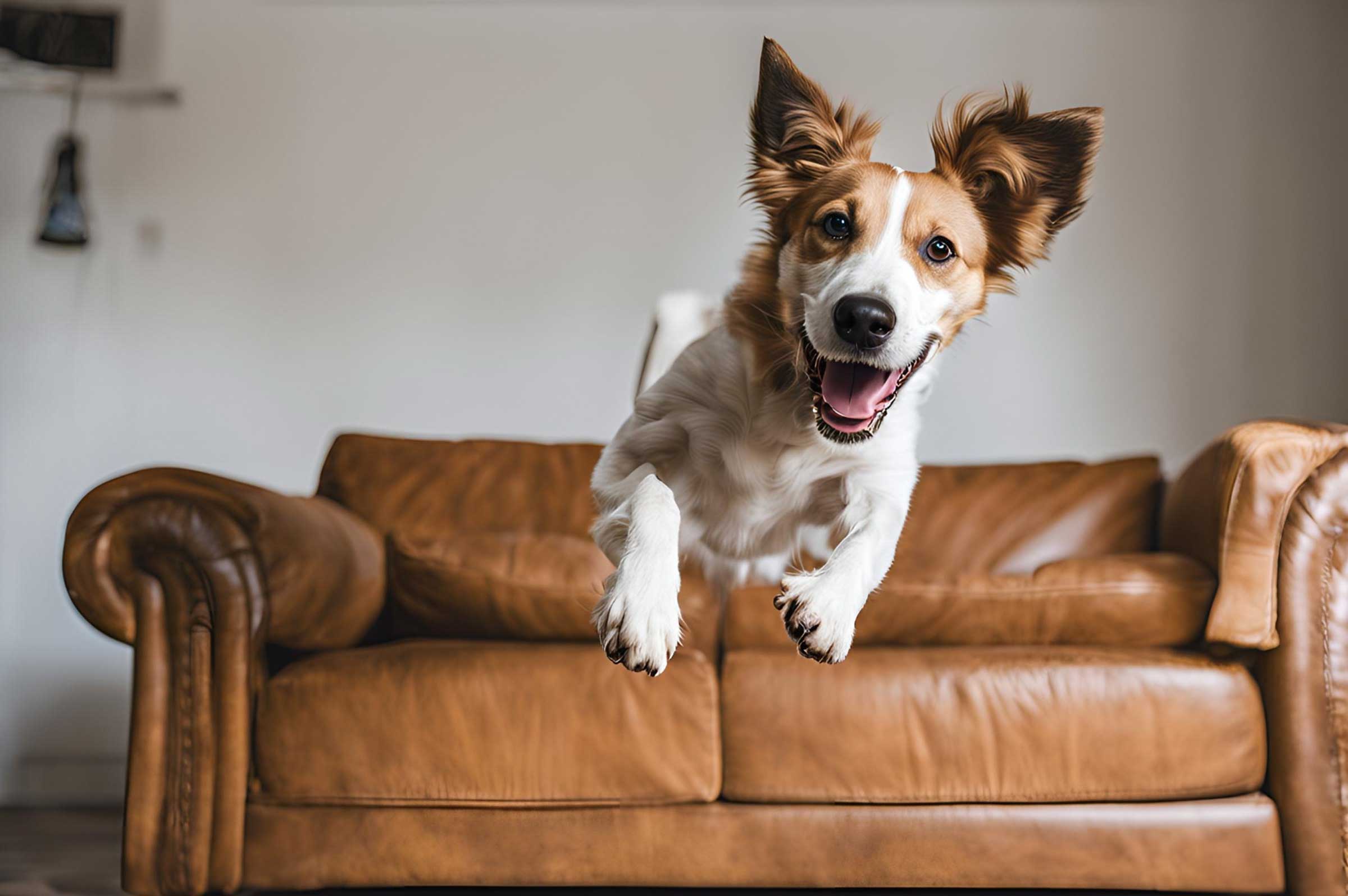If you’ve recently taken your beloved four-legged friend in for surgery — or you’re planning to soon — you may be wondering how to keep them calm afterward. Too much activity, especially strenuous kinds, can introduce the risk of complications or even further injury. It’s important to support your dog’s health as they recover, which includes finding ways to help them stay calm. But what steps can you take to keep your dog calm after surgery? Let’s explore.
Create a Comfortable Space for Them
One of the easiest things you can do is create a comforting space for them to relax. If they have a favorite bed, toys, or blanket, consider making a rest area where they can recover. Bring all their favorite objects together in one place to provide comfort during their downtime. Low-energy toys, such as chew toys or treat-puzzle toys, are ideal for keeping them entertained without encouraging too much movement.
Additionally
Consider where their rest space is in the home. Try to put it far from doors or windows, where distractions may abound. Consider moving their food and water bowls close to their rest area to reduce the amount of activity required for them, and — if possible — set their rest area up somewhere near where you and other humans rest, such as near the TV or a sitting area. This can help reduce their motivation to get up to find company.
Low-stress Activities
Dogs, like us, often need something to pass the time, even when they're supposed to be resting. Low-energy activities can help keep your dog occupied as they recover from surgery. Grooming or petting your dog can be soothing, and providing them with low-impact activities like chew toys, treat puzzles, or their favorite pillows and blankets can help tire them out, making it easier for them to rest.
Consider spending some of your down time with them, too — such as watching TV, reading a book, or completing a puzzle. Your company, during their resting period can set an example for them and keep them feeling calm and accompanied.
Mirror Behavior
Remember to stay calm yourself. Dogs often look to us as an example of how to behave or to mirror our level of excitement. Stay calm and avoid exciting your dog with your body language. Refrain from running in front of them and use a calm, slow voice when talking to them. This can help maintain a peaceful environment, which is conducive to their recovery.
Give Prescriptions as Directed
Give your dog any prescribed medications, adhering carefully to instructions as directed by your veterinarian. These medications can include pain relievers, antibiotics, or tranquilizers. Pain relievers and antibiotics are crucial for managing pain and preventing infection, while tranquilizers can help keep your dog calm and reduce anxiety. If your dog resists taking pills, you might hide the medication in a treat or use a pill pocket.
Also, remember that antibiotics kill both the good and bad bacteria, which can lead to digestive issues like nausea, abdominal pain, and diarrhea. A high-quality probiotic, like VetSmart Formulas Probiotic Nutrient Enhancer will help your dog’s stomach by restoring the healthy gut flora.
Make Routines Easy
Finally, make sure that any daily routines are adjusted to accommodate your dog as they recover. For example, if they’re used to going out at a certain time of day, be sure to make it as easy as possible for them.
This might mean moving obstacles they can normally navigate easily, ensuring they have a clear path to the door, or helping them get up and down stairs if necessary. Keeping their routine predictable and straightforward can help reduce anxiety and promote a sense of normalcy during their recovery.
It also might mean accommodating for a cone, if they’ve been ordered to wear one as they recover. For example, you might elevate their food and water bowls, ensuring they can access them.
Additional Recommendations
Here are some additional tips for helping your dog stay calm as they recover:
- Follow Veterinary Instructions: Carefully adhere to your vet's post-operative care instructions. These include how to manage your dog's diet, medication schedule, and activity restrictions
- Use Physical Restraints: Consider using a crate or playpen to restrict your dog's movement when you can't closely monitor them. This helps ensure they remain still during recovery, minimizing the risk of reinjury or complications.
- Calming Techniques: Maintain a consistent routine, provide gentle exercise as prescribed, and use calming methods such as massage, soothing music, and aromatherapy to create a relaxing environment for your dog.
The Bottom Line
While surgery can be a scary undertaking, especially when our beloved companions are concerned, there are a lot of ways we can help reduce the risk of complications or drawn-out recovery times. By creating a comfortable space for them to recover, encouraging low-stress activities, setting a calm example, and following our veterinarian’s care instructions carefully, we can set them up for success as they rest and recover.
Remember, if you’re looking for high-quality support supplements, we’re here to help. Be sure to browse our selection today, and keep an eye out for upcoming calming chews from Pet Wellness Direct!











